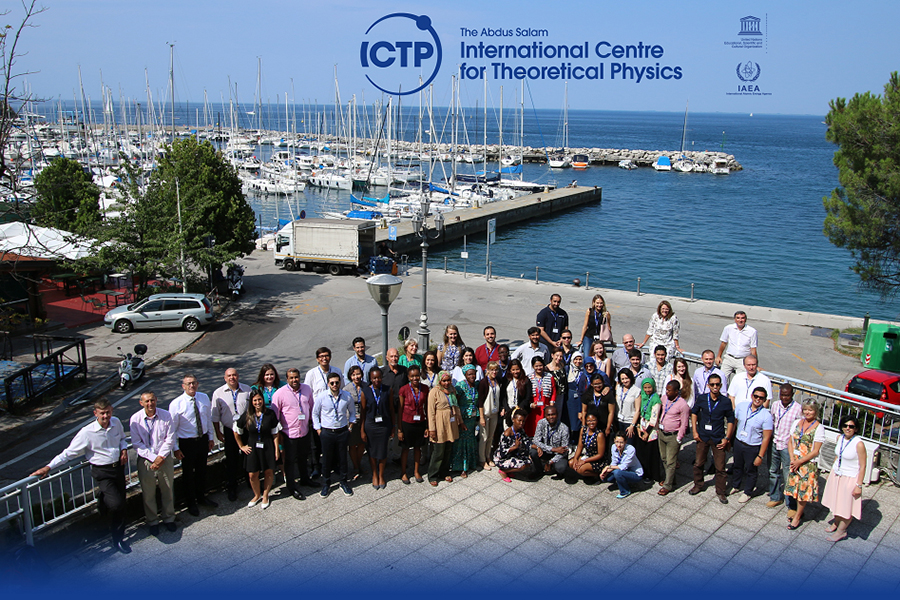The International centre for theoretical physics (ICTP) in Trieste, Italy, has hosted the traditional school of Nuclear knowledge management organized by the IAEA with the support and direct participation of MEPhI. The course consisted of two main parts: distance learning using cyber learning platform CLP4NET, which took place in the spring of 2018 and full-time study in Trieste. In addition to IAEA specialists, the training was provided by lecturers of the Department of theoretical and experimental physics of nuclear reactors, MEPhI.
More than 40 participants from 27 countries during the week discussed the main approaches, methods and tools of knowledge management as a key resource of the nuclear industry, participated in workshops and carried out projects on topical issues of knowledge management technologies. Participants who successfully completed the training were traditionally given certificates prepared by the MEPhI faculty of advanced training and retraining of personnel.

IAEA representatives noted the importance of effective knowledge management aimed at increasing the likelihood of achieving long-term competitiveness and sustainability through the use of a knowledge resource for the highly efficient operation of nuclear facilities in their safety, and commended MEPhI's knowledge management initiatives.
The workshop was attended by representatives of the MEPhI Departments №5 and №72, OINPE MEPhI and Rosatom.
Among lecturers was a senior lecturer of the Department №5 of INPhE MEPhI Evgeny Kulikov: "In 2012 I participated in the school as a listener. Around this time, MEPhI began to develop and implement a course on nuclear knowledge management. In 2014, I was invited to the school as a lecturer, as I had already had the first experience of lecturing on this topic. Since then, I have participated in it every year." Evgeny spoke about the experience of implementing a course on nuclear knowledge management in MEPhI, conducted practical exercises “Assessment of the risk’s loss of critical knowledge” and “Assessment of the maturity of the nuclear knowledge management system”, and acted as a mentor on the project “Implementation of the nuclear knowledge management system at the university”.
“Due to the presence of pre-training through the Internet potential students learn the basic concepts on the subject of the school in advance. This allows to focus on more advanced topics during face-to-face training. In addition, the results of the preliminary distance learning allow to make the selection of students, based on the results achieved by them, and to make a diverse group, which includes students, graduate students, teachers, employees of nuclear power plants, research institutes, regulators and other organizations of the nuclear industry. Experts of the IAEA and a number of leading companies on the nuclear knowledge management from Russia, the USA, the UK, Germany are involved as teachers, which makes this school one of the most striking annual events on nuclear knowledge management,” said Evgeny Kulikov.





